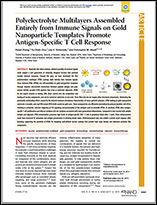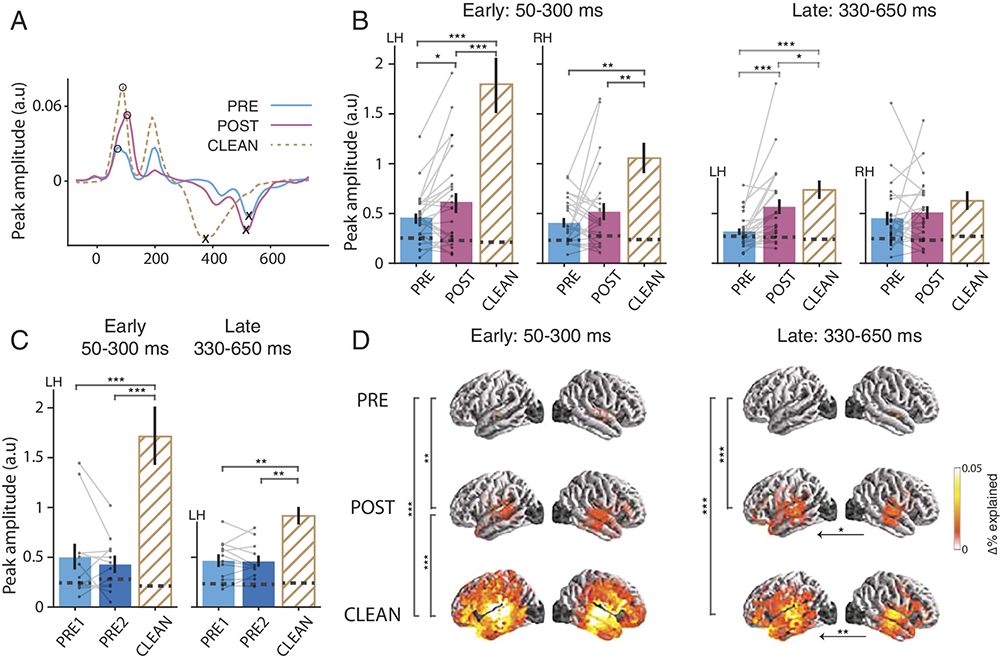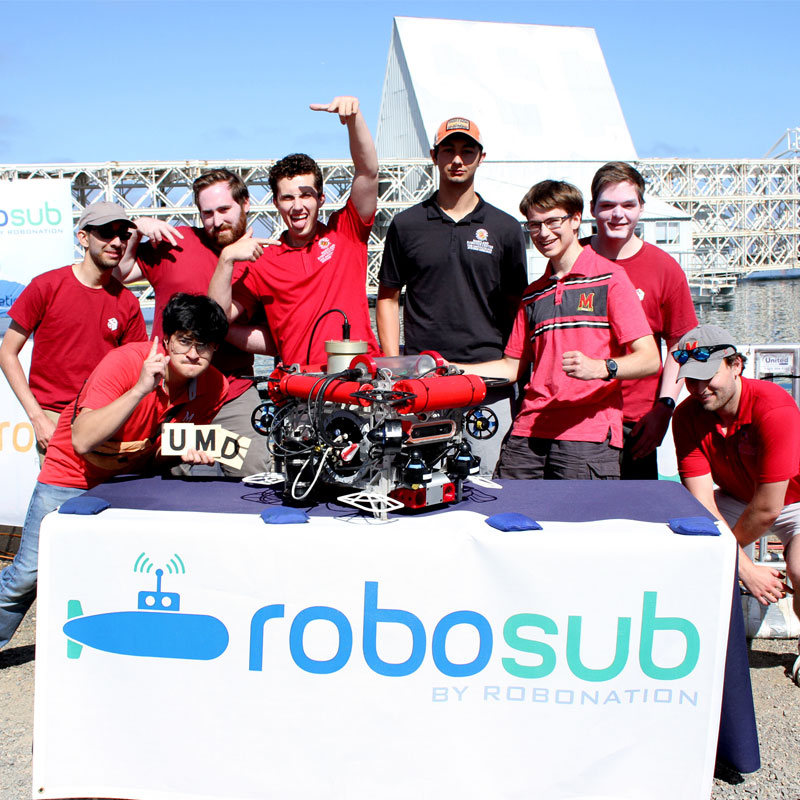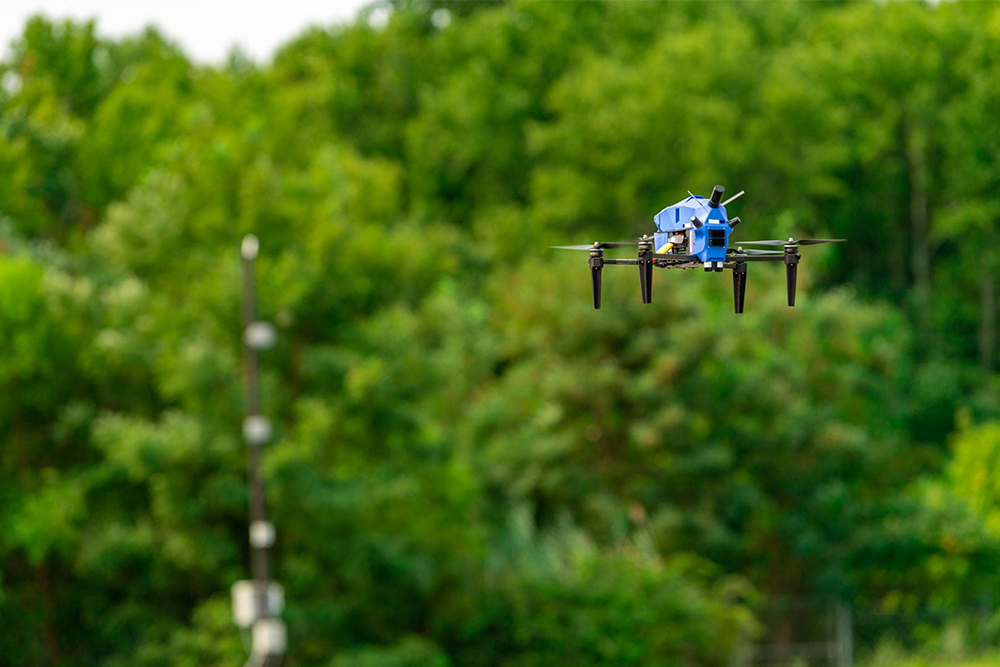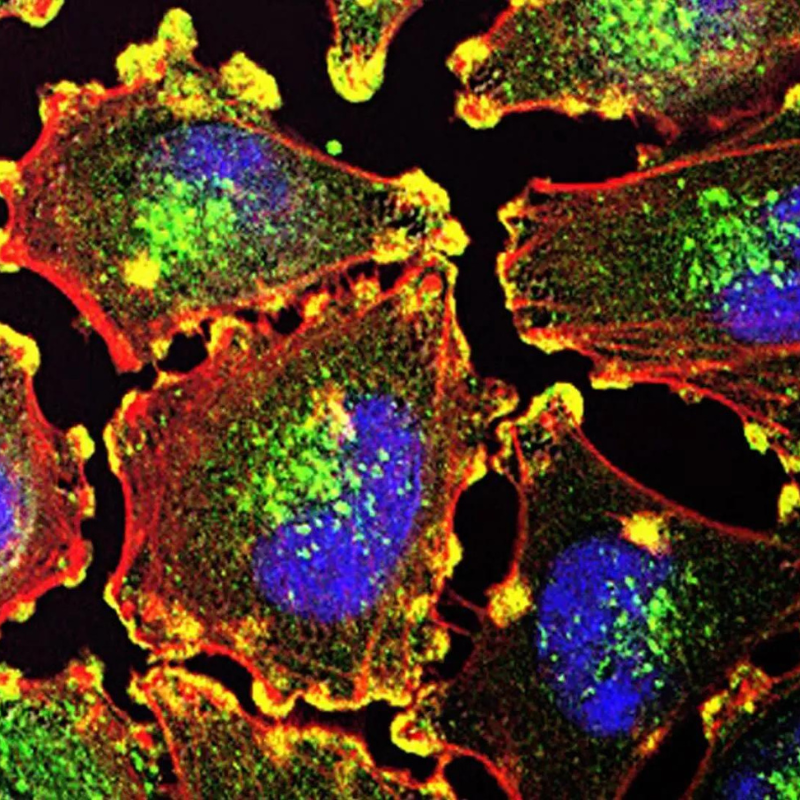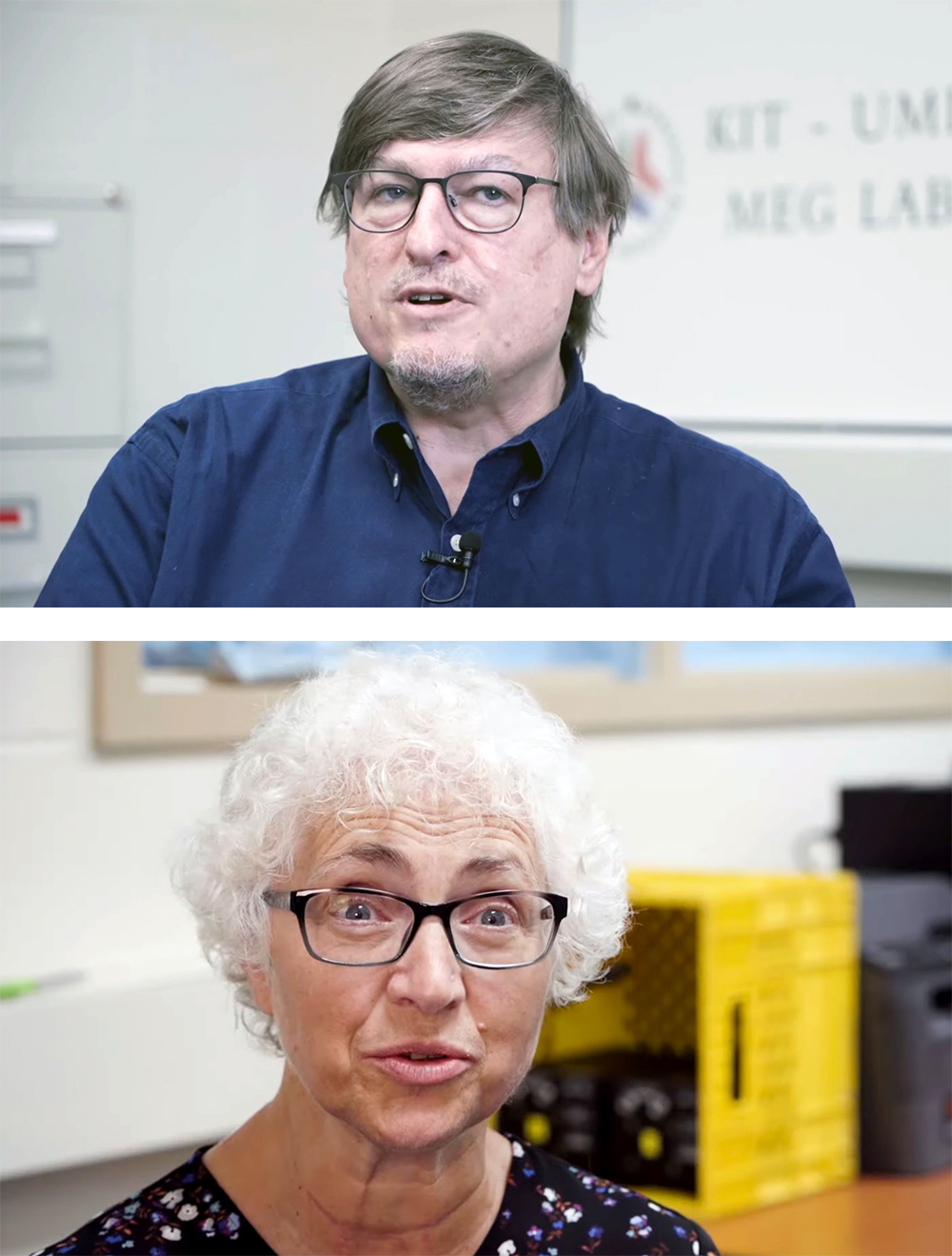News Story
New NIH Grant to Advance Brain Surgery Robot Development
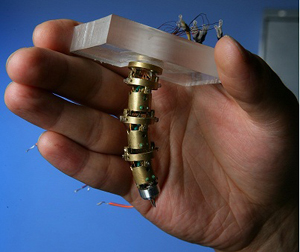
Minimally Invasive Neurosurgical Intracranial Robot
A research team from the Clark School and the University of Maryland, Baltimore (UMB) has won a new $2 million grant from the National Institutes of Health (NIH) to continue developing a small robot that could one day be a huge aid to neurosurgeons in removing difficult-to-reach brain tumors.
Principal investigators include Jaydev P. Desai, associate professor of mechanical engineering at the Clark School, and Rao Gullapalli, M.D., associate professor of diagnostic radiology and nuclear medicine, and J. Marc Simard, M.D., professor of neurosurgery, both at the University of Maryland School of Medicine in Baltimore. They have developed their "Minimally Invasive Neurosurgical Intracranial Robot" (MINIR) prototype over a number of years and demonstrated its feasibility, supported in part by a previous NIH grant. Satyandra K. Gupta, professor of mechanical engineering at the Clark School, and Jiachen Zhuo, assistant professor of diagnostic radiology and nuclear medicine at UMB, are co-investigators.
The team has evaluated the device under continuous magnetic resonance imaging (MRI). According to the researchers, work done on the previous NIH grant helped to uncover next-level challenges that are the basis of this new NIH project.
The NIH grant will enable the team to develop MINIR-II, a fully MRI-compatible robot, and demonstrate its safety and effectiveness. To accomplish this, MINIR-II will need to be under the direct control of the physician, with targeting information obtained exclusively from real-time MRI that uses active targeting methods with sensors embedded within MINIR-II.
"This technology has the potential to revolutionize the treatment and management of patients with difficult-to-reach intracranial tumors and to have a direct impact on improving their quality of life," says Desai. "This work is a result of exceptional collaboration over the years, between our two extraordinary institutions."
Brain tumors are among the most feared complications of cancer, occurring in 20 to 40 percent of adult cancer patients. Despite numerous advances in treatment, the prognosis for these patients is poor, with a median survival of 4-8 months. Whether a primary (intrinsic) malignancy, or a secondary (metastatic) malignancy, involvement of the brain in a cancer patient is devastating, because it threatens the very personality and identity of the individual, and is invariably the most likely of all complications to directly and severely affect the quality of life.
Currently, the optimal treatment is to remove the tumor(s) through primary surgical resection, then follow with additional therapies such as radiation and chemotherapy.
Unfortunately, in many patients the location of the brain tumor makes it too difficult to remove through primary surgical resection. This is especially true for tumors deeply embedded in the brain that may be difficult to access using conventional neurosurgical techniques. The poor general health of the patient can further complicate the matter.
A fully MRI-compatible MINIR could one day enable neurosurgeons to reach such difficult tumors and greatly improve outcomes for these patients. Furthermore, image-guided robotic surgery avoids the complications associated with brain shifts associated with conventional tumor resections, as the target tumor may move during surgery but will always remain within sight through the exquisite contrast available from real-time MRI.
An early version of MINIR won the 2007 University of Maryland, College Park, Invention of the Year award in the Physical Science Category.
This NIH grant is one of the first awarded to a joint UMB and UMD research project under the collaboration between these two research powerhouses that is known as University of Maryland: MPowering the State.
The University of Maryland: MPowering the State brings together two universities of distinction to form a new collaborative partnership. Harnessing the resources of each, the University of Maryland, College Park, and the University of Maryland, Baltimore, will focus collective expertise on critical state-wide issues of public health, biomedical informatics and bioengineering. This collaboration will drive an even greater impact on the state, its economy, the job market, and the next generation of innovators. The joint initiatives will have a profound effect on productivity, the economy, and the very fabric of higher education.
Published October 16, 2012



